Getting cliffed out: stay safe and steer clear of this worst-case hiking scenario with our expert guide
Getting cliffed out is one of the worst things that can happen while hiking - here's how to avoid it, and what to do if it happens to you
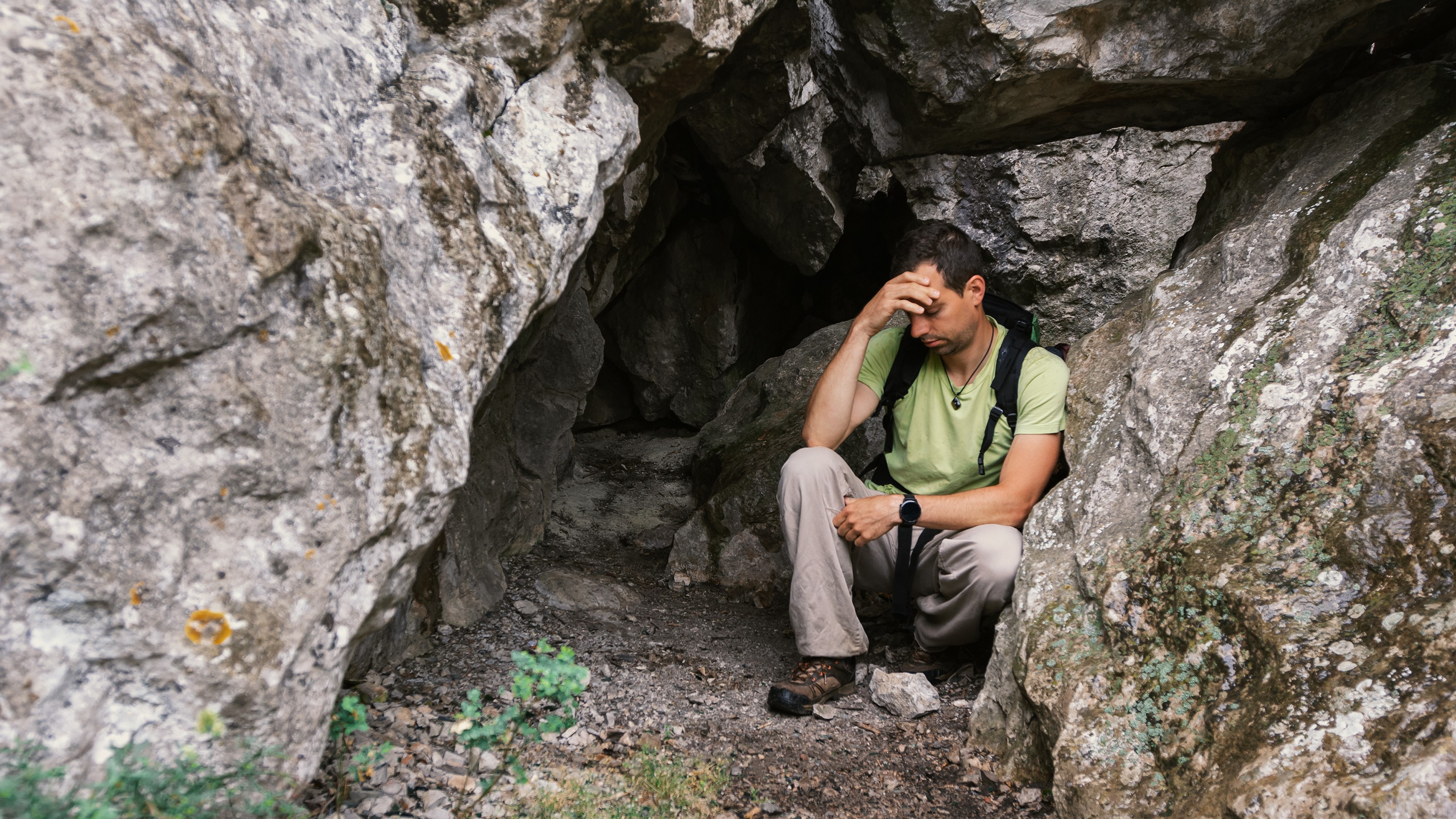
All the latest inspiration, tips and guides to help you plan your next Advnture!
You are now subscribed
Your newsletter sign-up was successful
Mention the term ‘cliffed out’ to an experienced hiker, and you might just see them shudder. The mountainside phenomenon is one of the worst things that can happen on the trails, and something that most of us try to avoid like the plague.
It sounds scary because it is, and to make matters worse, getting cliffed out happens more than you might think. It's especially common in mountainous environments like the high Rockies. When visibility is limited and terrain is tricky, hikers can often become lost and find themselves cliffed out with nowhere to go.

If you’re planning a trip to the mountains, it’s definitely something to keep in mind. In this article, we explore what getting cliffed out means and how it can happen. We’ve also listed some vital safety tips to help you avoid getting cliffed out.
What does it mean to get “cliffed out”?
Let’s say you’re on your way down from a mountain hike. Even with your best hiking boots on and plenty of water left, you’re getting tired and you can see the road you drove along early this morning. You know it leads to where you parked the car and if you just headed straight down this slope towards that point, you could cut a bunch of time off your descent by avoiding all those switchbacks and be at home enjoying a slap up meal sooner.
You start heading straight downhill, with the advantage of really being able to see where you’re going – no false summits in this direction! Soon things get a bit steeper and rockier, and before you know it you’re doing a bit of scrambling, but you’re an experienced hiker and it’s not like you need ropes.
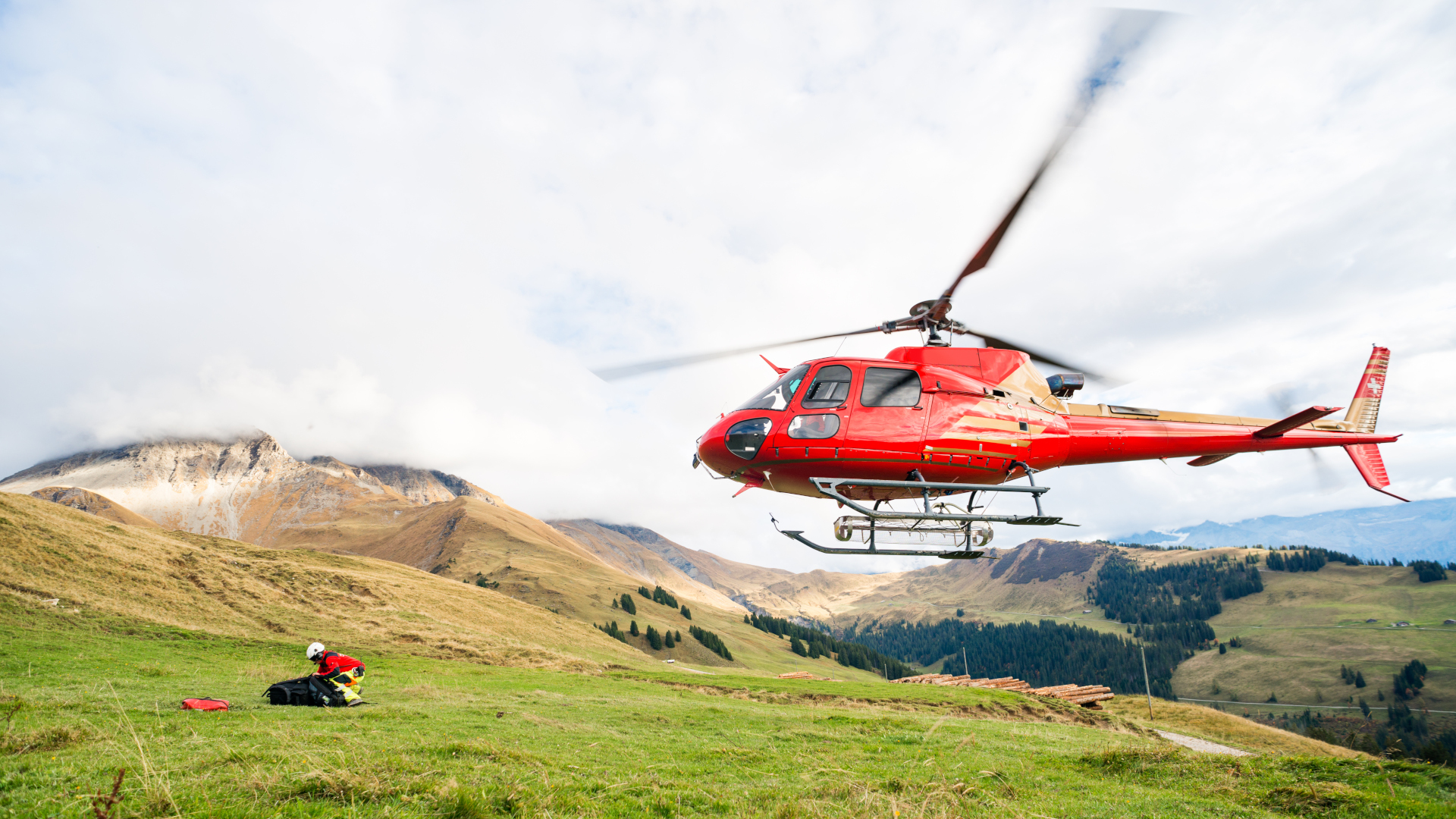
Suddenly, it kind of seems like you actually do need ropes to get any further. This isn’t ass-sliding territory anymore. It’s too steep to climb down without climbing gear. Better turn back and find the path after all. Except you can’t. When you try to start retracing your steps, you realize that it’s too steep to climb up, too. You’re cliffed out.
Cliffed out is the term used to describe a hiker getting stuck in an area where they can no longer proceed either up or down. It can happen via the scenario above, where you get overconfident and try to take a shortcut. It can also happen when you take a different route down than the one you ascended, lured by the shorter distance and not realizing it’s a technical route. It can also happen if you get lost, perhaps following a deer trail thinking it’s the hiking trail.
All the latest inspiration, tips and guides to help you plan your next Advnture!
Where can you get cliffed out?
You can get cliffed out on any mountain or hill that has a steep, rocky section. It’s commonplace on Colorado’s notoriously onerous Capitol Peak but it’s also a recurring theme on Quandary Peak, which is considered by many to be the easiest 14er in the state.
You don’t even need to be trying to summit a high peak for it to happen. You just need to head the wrong way down a technical section and not have technical climbing gear with you.
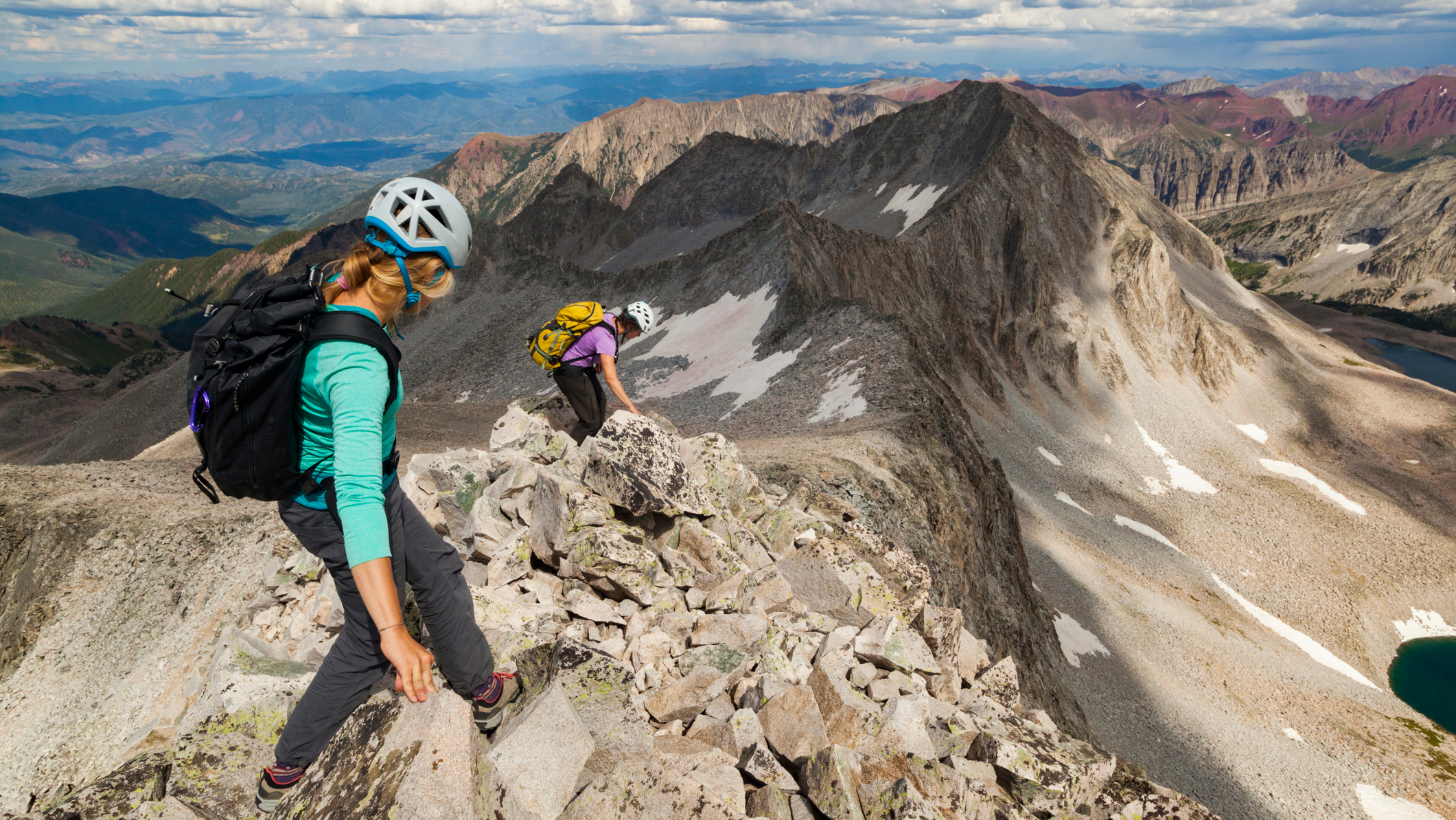
How to avoid getting cliffed out
This may come as no surprise, but the best defense against getting cliffed out is to avoid it in the first place. Here are our three essential tips for avoiding this hiking hazard.
- Ascend via the same path you came up so you’re familiar with the route.
- Stay on the trail – don’t try to take shortcuts even if it’s getting dark.
- Stay alert to your surroundings and use a map and compass to ensure that you’re staying on course.
What do you do if you get cliffed out?
Getting cliffed out isn’t good. In fact, it’s really, really bad. But the key is not to make things worse by panicking and trying to climb up or down (we know, easier said than done). This can lead to you falling and getting injured, or worse.
Once you’ve ascertained that you can’t get yourself out of your predicament, the safest approach is to stay put and call for help. This means you’ll want to be carrying gear for safely spending the night outdoors and you’ll want to have a means of calling for help, such as an emergency beacon.
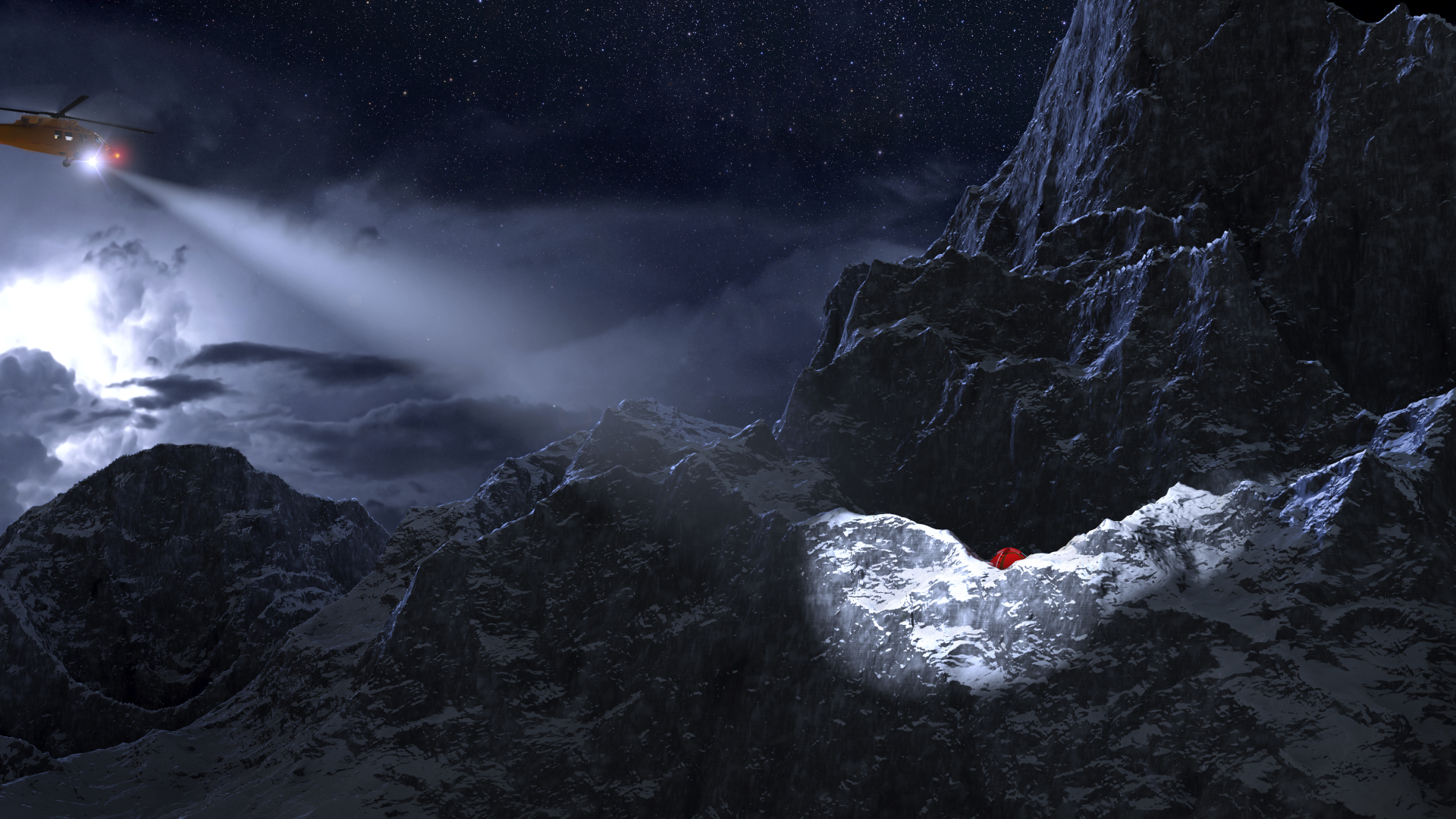
Remember that if it’s impossible for you to escape your current location, it’s going to be extremely difficult for mountain rescue to reach you. Even if they know exactly where you are, it’s going to take hours for them to figure out how to get to you and extract you. It might involve rappelling down to you or the use of a helicopter, both of which require manpower and logistics.
So, it’s not exactly a case of getting comfortable – you’re probably going to be cold, hungry and distinctly uncomfortable – but you will have to be patient and try to stay calm in order to help your rescuers do their job.
Essential kit
Proper emergency gear is an essential part of hiking. It's particularly important in an emergency situation, when the right kit could prove to be the difference between life and death on the trails. So, check out our top gear picks to keep you safe if you find yourself cliffed out.
- An emergency beacon - As mentioned, emergency beacons can come in extremely handy if you find yourself cliffed out. GPS devices like the Garmin InReach aren't reliant on a phone signal, so can be used to call for help from all sorts of remote locations. Some models even allow you to take pictures and send voice recordings, so rescuers can gain a better understanding of your predicament.
- Dependable hiking shoes or boots - Underfoot terrain is often precarious in the mountains, especially in the remote areas where you're likely to become cliffed out. Make sure your footwear has enough grip and suitable lugs for your hike.
- An emergency blanket or shelter - Temperatures can drop quickly in the mountains, and depending on where you are, can pose a deadly threat. Insulating gear like a warm bothy bag or emergency blanket can keep you alive until rescue arrives. A snug down jacket will also come in very handy.
- A headlamp or flashlight - A good light source is essential, whatever time of day you're hiking, as you could be awaiting rescue long into the night. Mountainous and cliffside terrain can also be treacherous, so you need to be able to see where you're going.
- A first aid kit - Getting cliffed out can lead to all sorts of injuries and ailments. A good first aid kit will include bandages, plasters, and other medical essentials to help you recover.
- Food and water - It's always a good idea to bring plenty of snacks and water on your hike to mitigate the risks of dehydration or becoming hyponatremic. Food and water will come in particularly handy if you're cliffed out, as you'll probably be waiting a long time for rescue, and be in need of nourishment.
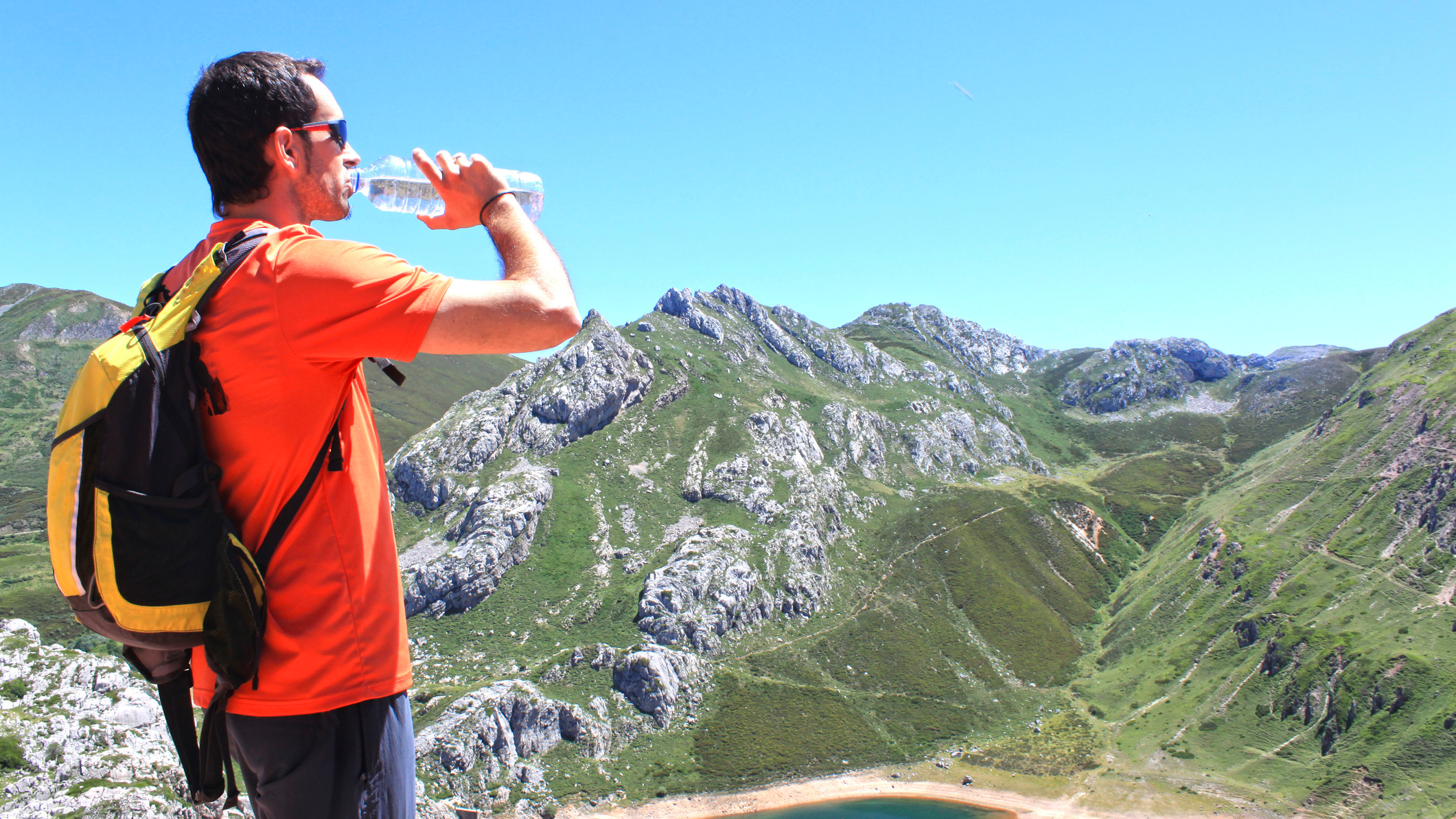
Getting cliffed out is one of many emergencies that can happen in the wilderness. For more safety advice, check out our expert guide to hiking hazards, and how to avoid them.
- The best trekking poles: take the pressure off when you're out on the trails
- The best hiking hats: cozy beanies for mountains and sun hats for warmer days
Julia Clarke is a staff writer for Advnture.com and the author of the book Restorative Yoga for Beginners. She loves to explore mountains on foot, bike, skis and belay and then recover on the the yoga mat. Julia graduated with a degree in journalism in 2004 and spent eight years working as a radio presenter in Kansas City, Vermont, Boston and New York City before discovering the joys of the Rocky Mountains. She then detoured west to Colorado and enjoyed 11 years teaching yoga in Vail before returning to her hometown of Glasgow, Scotland in 2020 to focus on family and writing.
- Will SymonsStaff Writer

